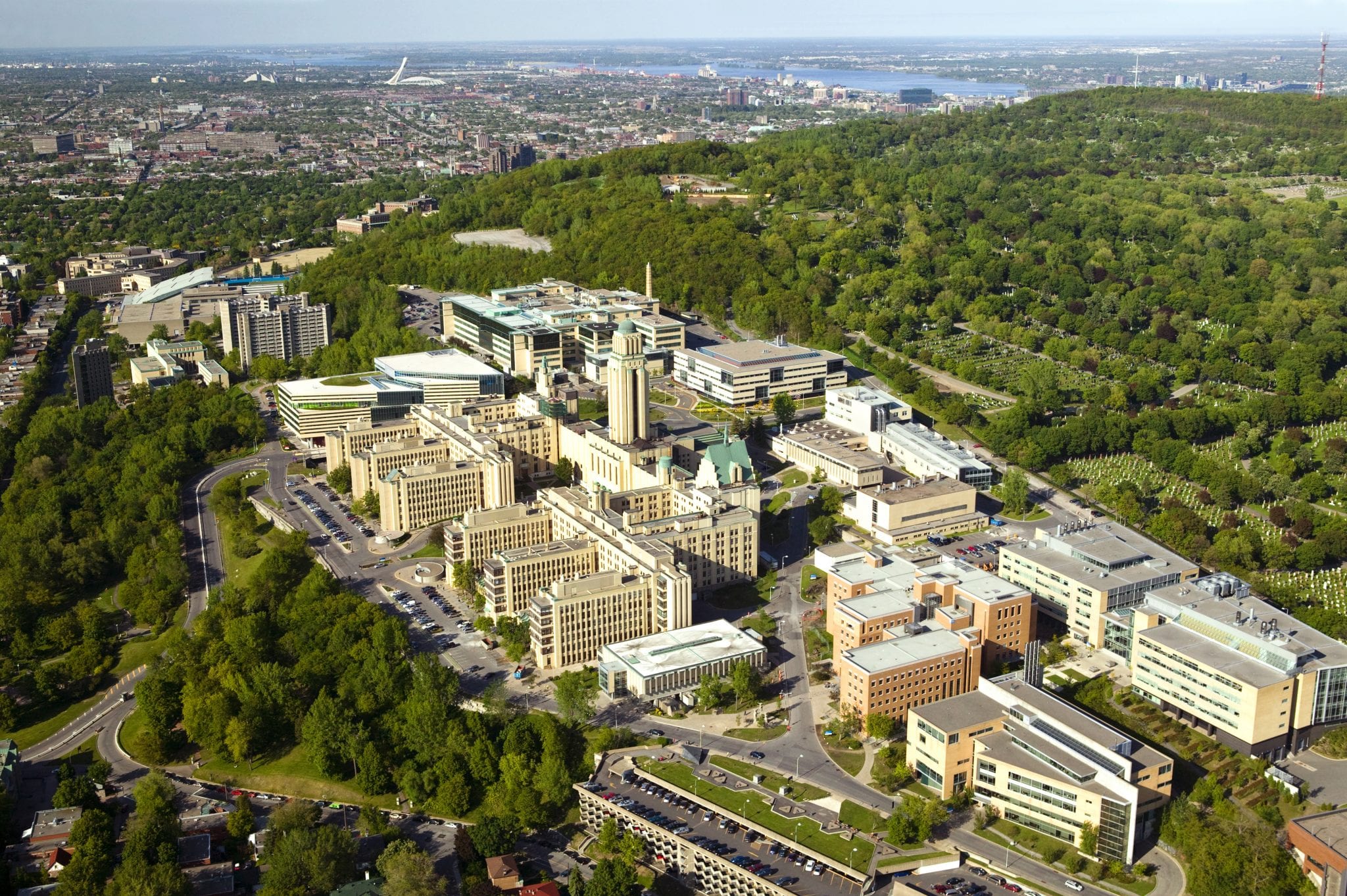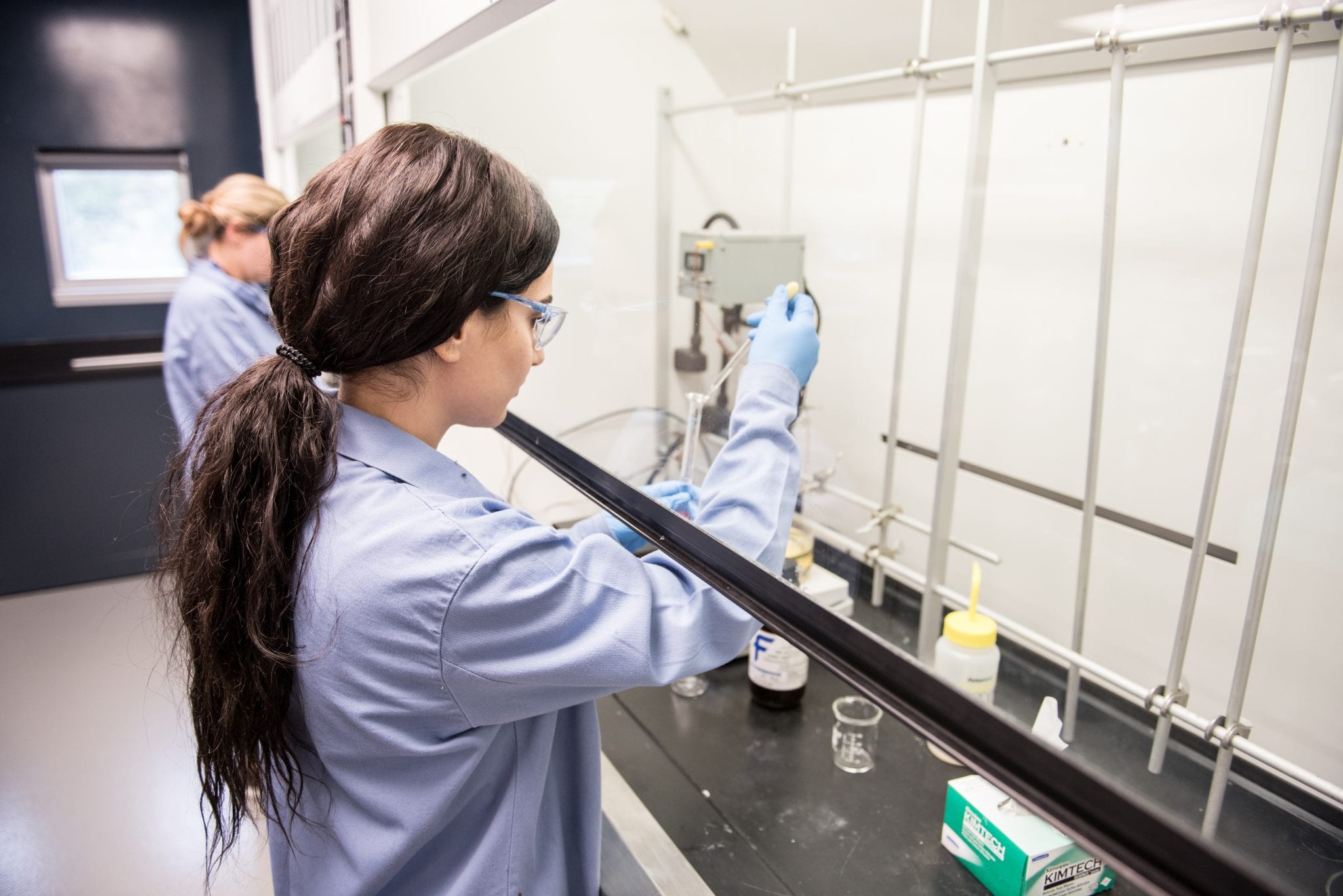With its roots in Montreal and its sights set on the world, Université de Montréal ranks amongst the main research universities worldwide. It is the leading French-speaking university in Canada, and one of the very best French-speaking universities globally.
At Université de Montréal, innovation is at the heart of research and education. Our Institute for Data Valorization (IVADO) conducts leading-edge research in artificial intelligence. The MILA institute is a world leader in deep learning and neural networks. At university level, the Innovation Lab brings together researchers from the whole university and its affiliate schools HEC and Polytechnique. The Lab builds interdisciplinary bridges, in order to reach a critical mass around four major themes: (i) from data to action in health, (ii) understanding and creating, creating to understand, (iii) building a sustainable future and (iv) life rethought.
For Université de Montréal, innovation is a matter not just for natural and health sciences, but also for social sciences, humanities and arts. Graduates from across the whole university are active in the firms and organizations featured in this book. Indeed, innovation is more than science and technology. It is a social and economic phenomenon that can only be understood in its broader context. Against that background, researchers from the whole university led a larger group of scientists in the conception and release of the Montreal Declaration for a Responsible Development of Artificial Intelligence in 2018.


Within Université de Montréal, the Law Faculty is a long-standing pioneer in research on the interplay between law, science, technology and innovation, in Canada and worldwide. It counts a number of research chairs in this area, within its two major research centres, the Centre de recherche en droit public (CRDP) and the Centre de droit des affaires et du commerce international (CDACI). The Faculty also houses many cutting-edge initiatives relating to the integration of innovations into law, among which the Cyberjustice Laboratory and the Health Hub: Politics, Organizations and Law (H-POD). Its research staff includes many top-level researchers in this area, including Profs. Karim Benyekhlef, Julie Biron, Vincent Gautrais, Ysolde Gendreau, Pierre Larouche, Hervé Prince, Catherine Régis, Stéphane Rousseau, Pierre Trudel and Nicolas Vermeys.



In 2017, the Law Faculty launched its Innovation, Science, Technology, and Law (ISTD) variant within its PhD programme. Within the ISTD variant, PhD candidates can carry out fundamental research in an interdisciplinary and transnational context, on topical issues such as the use of AI in law; social innovation and natural resource management; the legal framework for smart cities; regulation of FinTech; legal problems in connection with connected mobility and the Internet of Things; or the legal implications of personalized medicine, to name but a few. A unique educational component has been designed especially for this programme. When combined with the PhD work, graduates will go on to careers in other institutions of higher learning, in the private sector, in public authorities or in a non-governmental organisation. There they will play a central role in innovation and its socioeconomic context.















